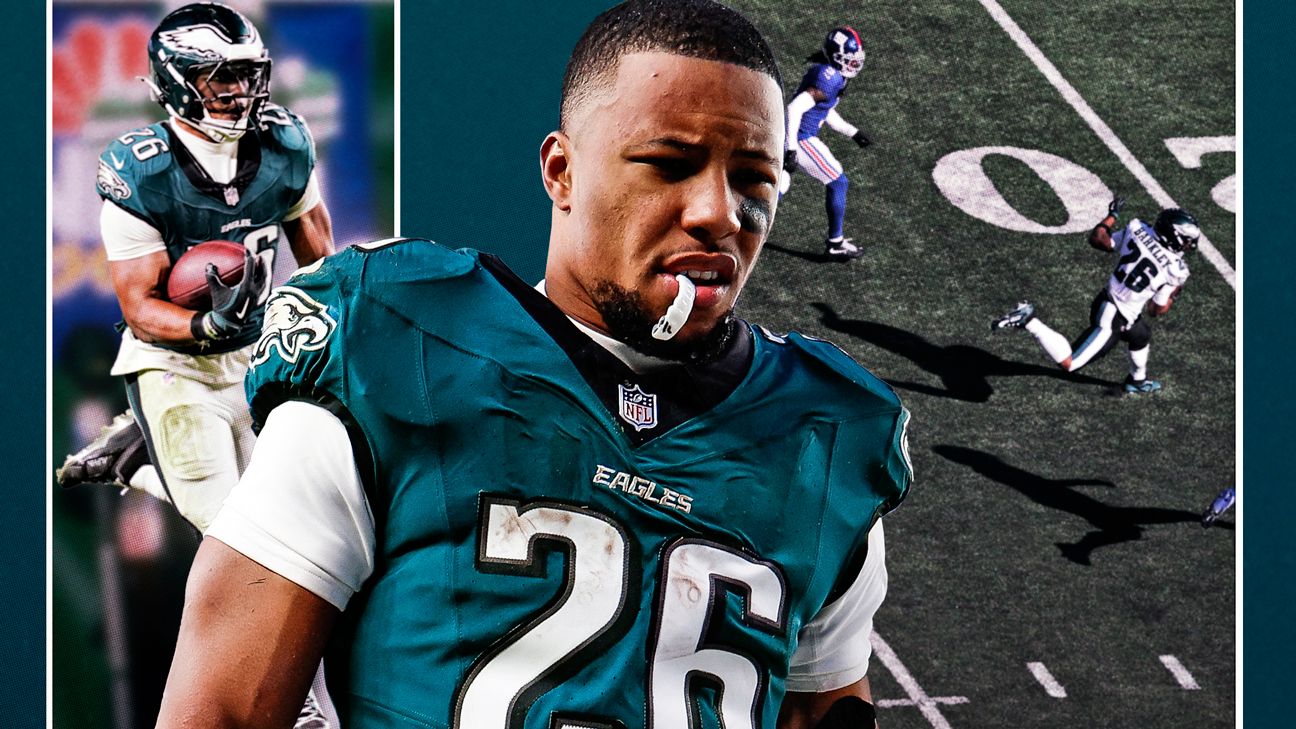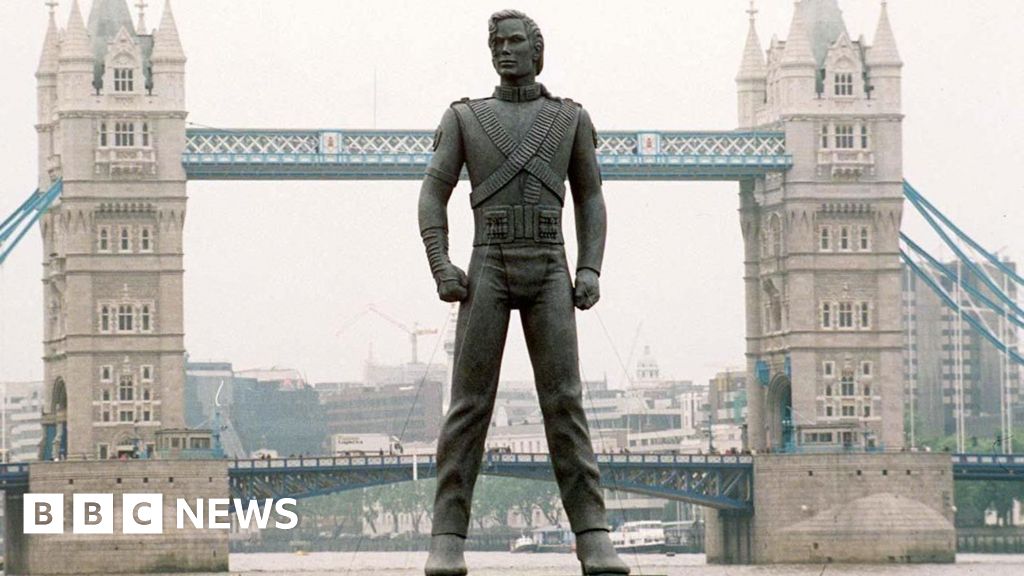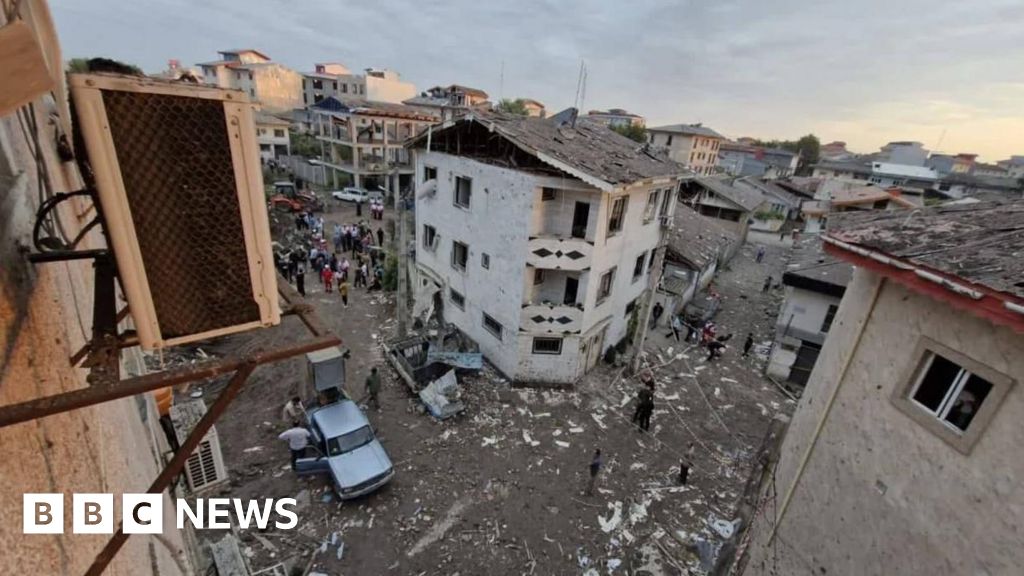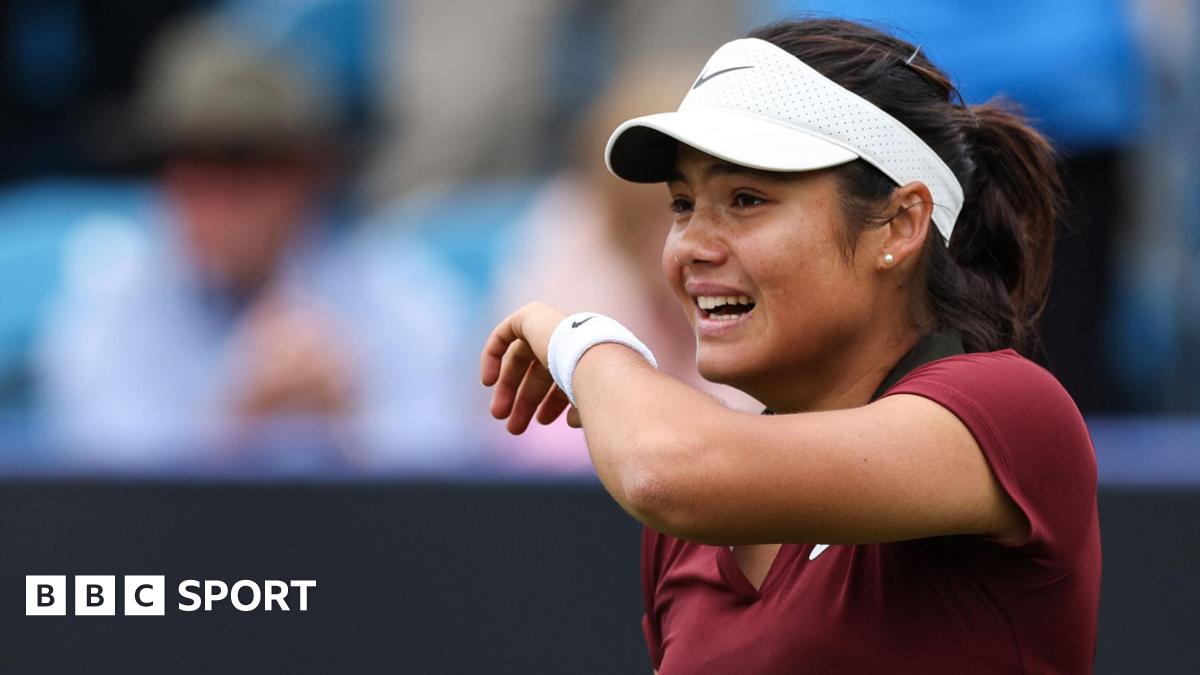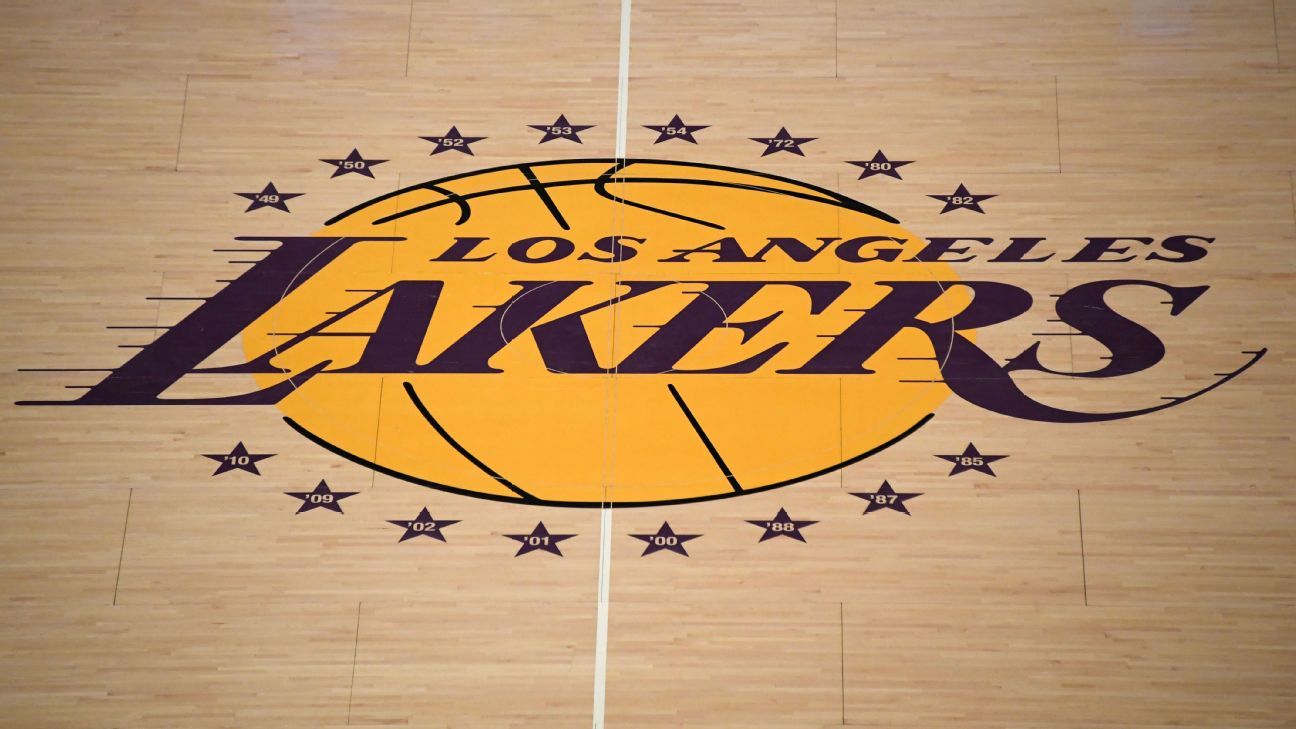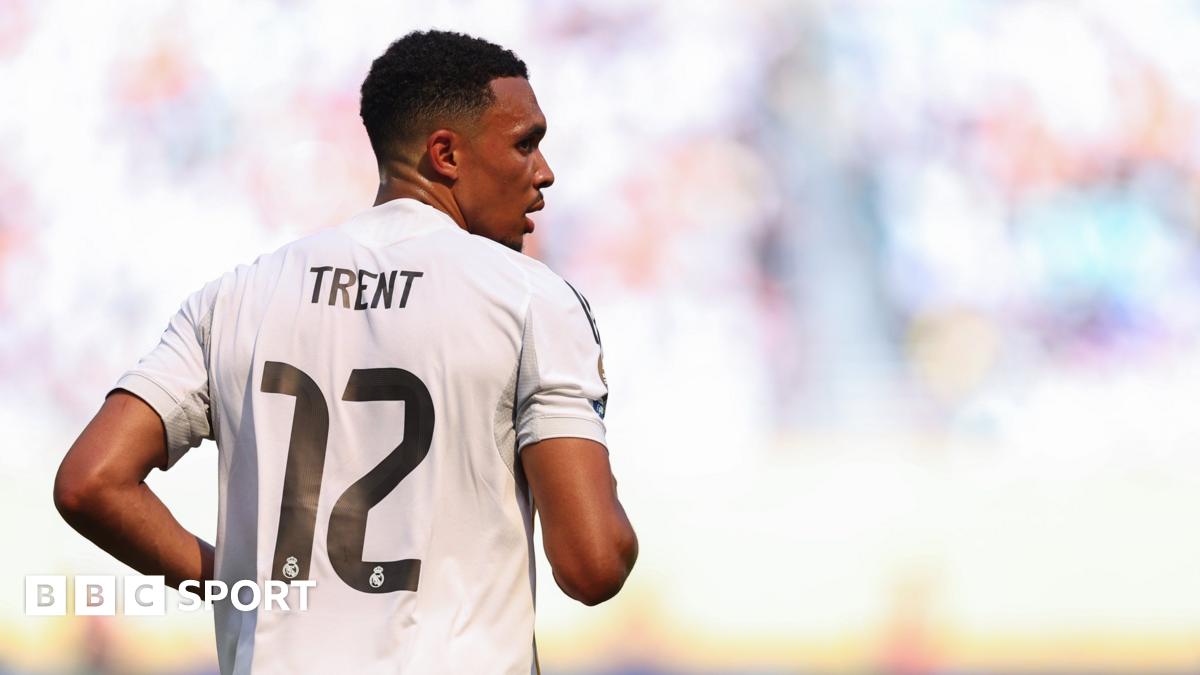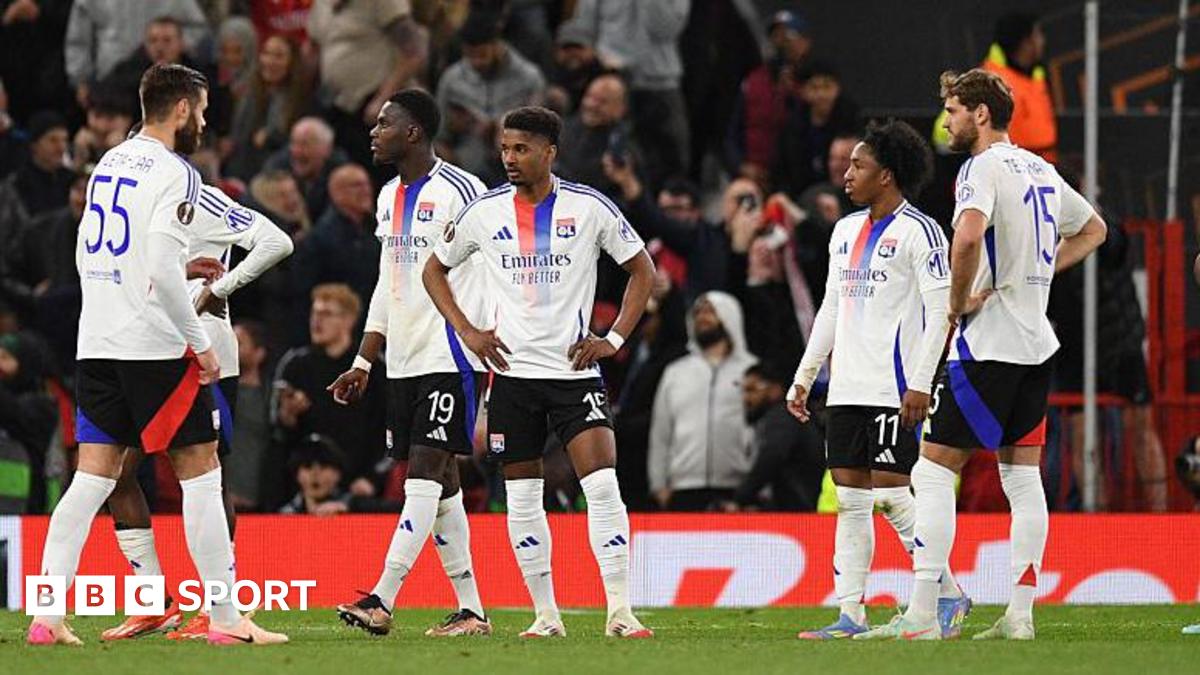
Mark OgdenJun 11, 2025, 05:00 AM ET
The 2026 FIFA Men's World Cup kicks off a year today when joint-hosts Mexico get the tournament underway in Mexico City's Azteca Stadium on June 11, 2026.
It will be the biggest-ever World Cup, with the format expanding from 32 nations at Qatar 2022 to 48 teams in USA, Mexico and Canada. The result is 104 games across 16 cities in three nations before the new world champion is crowned at New Jersey's MetLife Stadium on July 19.
There will be some familiar faces, some World Cup rookies, plenty of players and coaches under pressure to deliver and also big questions still to be answered about what happens off the pitch. So, with the World Cup countdown now just 365 days away, here's everything you need to know about what lies ahead in North America in 2026.
Messi vs. Ronaldo for the final time?
When Lionel Messi led Argentina to World Cup glory in Qatar in 2022, it seemed to be the final act in the decade-long battle between himself and Cristiano Ronaldo. By winning the World Cup, Messi had done something Portugal captain Ronaldo had never done, and with the former Real Madrid and Manchester United star turning 41 next February, there was no chance he could return for one last shot at the big one.
But guess what? Ronaldo is still going strong, leading Portugal to UEFA Nations League success with wins against Germany and Spain this month -- he scored in both games too -- while Messi, who will be 38 on June 24, is still the star attraction in MLS with Inter Miami and he continues to captain Argentina.
Four years ago, Qatar really seemed to be Messi and Ronaldo's final appearance in the World Cup, but it's now almost certain that they will both save their last dance for the 2026 edition.
2:28
Is it time for Portugal to look for a Ronaldo replacement?
The "ESPN FC" crew discuss whether Portugal need to look for a new striker before the 2026 World Cup.
The new kids on the block
World Cups always launch new stars onto the global stage -- Pele was 17 when he burst onto the scene with Brazil in 1958 -- and the 2026 tournament has an array of young talent waiting to become the biggest name in the game.
Lamine Yamal will be just 18 when the 2026 edition kicks off and the Spain and Barcelona forward undoubtedly has what it takes to be the star of the show, hoping to inspire his nation to a second World Cup win. But France also have a wonderkid in 20-year-old Désiré Doué, who scored twice in Paris Saint-Germain's 5-0 Champions League final win against Inter Milan, and Germany's attacking duo of Jamal Musiala and Florian Wirtz, both 22, are capable of dominating next year.
Brazil, who are desperate to win a first World Cup since claiming their fifth title in 2002, have two teen sensations in Real Madrid's Endrick (18) and Chelsea-bound Estevao Willian (18) who will be expected to shine on the big stage.
Will it be Haaland's time?
Erling Haaland is probably the biggest name in football right now who is yet to play in a World Cup. The Manchester City forward, who will be 25 next month, was born in Leeds while his father Alfie played for Leeds United in the Premier League, but despite a tentative attempt by the English FA to claim him for England, Haaland has only ever represented Norway.
Yet that loyalty to his family home has yet to be rewarded with an appearance at a major tournament since Haaland made his international debut in 2019. But with Arsenal's Martin Odegaard also attempting to guide the Landslaget to a first World Cup since 1998, Haaland is doing his part, scoring four goals in four games to help his country to the top of UEFA Qualifying Group I -- a run that includes a 3-0 win against four-time World Cup winners, Italy.
Norway have four more qualifiers to clinch their spot and a nine-point lead over Italy, though the Azzurri have six qualifiers remaining due to a crowded schedule.
0:45
How Brazil clinched their spot for the 2026 World Cup
Brazil qualified for the 2026 World Cup with a 1-0 win over Paraguay on Tuesday night in Sao Paulo.
Can Carlo Ancelotti end Brazil's World Cup drought?
Brazil have done something unprecedented in their attempt to end their 24-year World Cup drought, hiring a non-Brazilian -- Carlo Ancelotti -- to coach the Selecao for the first time in the team's history. The 66-year-old is the only coach to win five Champions League titles, so he has the credentials to take on Brazil, winners of five World Cups, but does he have the players?
Ancelotti's first Brazil squad included Premier League strugglers like Manchester United pair Casemiro and Antony and Tottenham Hotspur's Richarlison, but he also has the world-class talent of Liverpool goalkeeper Alisson Becker, PSG defender Marquinhos and Real Madrid's Vinicius Junior to draw from in the talent pool.
Brazil have gone beyond the quarterfinal stage just once since last winning the World Cup in 2002, when they finished fourth on home soil in 2014, so Ancelotti will be under huge pressure to change all that next year.
How far can Poch's U.S. go?
Mauricio Pochettino was hired by the USSF last year to bring elite level coaching and management skills to an under-performing U.S. men's national team, but it has been a bumpy ride so far for the former Tottenham, Chelsea and Paris Saint-Germain coach.
Following Tuesday's dismal 4-0 friendly loss to Switzerland, Pochettino has won five and lost five of his 10 games in charge and has displayed little evidence of building a team capable of reaching the latter stages of the World Cup next year. Several Europe-based stars -- including Christian Pulisic, Timothy Weah, Weston McKennie, Gio Reyna, Antonee Robinson and Yunus Musah -- are absent from this summer's friendlies and Gold Cup campaign for various reasons, causing some controversy among fans and former players, but Pochettino has cited the need for those players to rest in order to be more prepared for the World Cup.
Much depends on the group stage draw for the World Cup, but right now, Pochettino's team would struggle to even reach the knockout stages.
3:21
Dan and Stevie get heated over Pochettino
Dan Thomas and Steve Nicol clash over Maurico Pochettino's reign so far as USMNT coach.
Look out for the World Cup rookies
The expansion to 48 teams next summer has opened a path for new nations to qualify for the tournament, with Uzbekistan and Jordan both securing qualification for the first time.
Uzbekistan, nicknamed the White Wolves, have Manchester City's Abdukodir Khusanov in their defence, while Jordan's star forward Musa Al-Taamari plays in Ligue 1 with Rennes. New Caledonia, a tiny archipelago in the South Pacific, have qualified for next year's Inter-Continental play-off, while Cape Verde -- known as the Blue Sharks -- are top of their African qualifying group with a team that includes former Manchester United winger Bebé.
Curacao, Nicaragua, Guatemala and Suriname have all reached the final round of qualification in Concacaf, while Venezuela are well-placed to claim South America's spot in the Inter-Continental play-offs. It all means we should see plenty of triumphant debutants next summer.
Are Italy back in the big time or will it be a three-peat of absences?
Italy are World Cup aristocracy, with only Brazil (5) winning the tournament more than the Azzurri's four, but the Italians are in danger of missing out on qualification for the third successive World Cup.
After losing 3-0 to Norway last week, Italy are in crisis. Manager Luciano Spalletti has been fired and former Chelsea, Leicester City and AS Roma coach Claudio Ranieri has turned down the job as his replacement.
When attempting to qualify for the past two World Cups, Italy lost out in the play-offs to Sweden (2018) and North Macedonia (2022), and they sit third in UEFA Group I, nine points behind leaders Norway and three points behind Israel, who occupy the play-off spot.
One of the game's most storied national teams needs to improve, and quickly, if they're to feature next summer.
2:16
Who will be Italy's new manager?
Gabriele Marcotti goes over who could be the new manager for Italy after Luciano Spalletti managed his final game on Monday.
Who wins it all? These are the teams to watch...
Argentina ended 20 years of European dominance by winning their third World Cup at Qatar 2022 and the reigning champions will fancy their chances of retaining their crown next summer. But while South American rivals Brazil will be strong under Ancelotti and a real threat to Argentina, the big challenge will undoubtedly come from Europe.
Euro 2024 winners Spain, Nations League champions Portugal and 2018 World Cup winners France will be the strongest European contenders, with Germany and England possessing the players to go all the way if they find some consistency. But right now, Spain, France and Portugal, thanks to star names like Yamal, Kylian Mbappé and Ronaldo, respectively, are the teams to beat.
... but don't overlook these dangerously talented outsiders
Ok, we've marked your card for the favourites to win the World Cup, but who are the dangerous outsiders capable of emulating Morocco's run to the 2022 semifinals, or Croatia's feat in reaching the 2018 final and the semis four years later?
Ecuador have run Argentina close for top spot in the South America qualifiers and are still in second spot, despite a three-point deduction. With Moisés Caicedo, Willian Pacho and Pervis Estupiñán in their team, Ecuador will be strong next summer.
Mexico have reached the quarterfinals twice -- both occasions when they hosted the World Cup in 1970 and 1986 -- so El Tri can exploit home advantage again. However, they might struggle without competitive fixtures between now and next summer by virtue of qualifying automatically as co-hosts.
Morocco and Egypt will lead Africa's hopes of success, while in Europe, Turkey and Georgia -- both fighting for a playoff spot behind Spain in Group E -- showed at Euro 2024 that they have the talent to cause an upset if they qualify for the World Cup.
Will it be the same old story for England?
England are world football's great under-achievers -- the home of the Premier League and former greats such as Wayne Rooney, Alan Shearer, Paul Gascoigne and Steven Gerrard -- and next year will mark 60 years since their one and only World Cup success. But after two successive defeats in the finals of Euro 2020 and Euro 2024, the English FA have gone big by hiring former Chelsea, PSG and Bayern Munich coach Thomas Tuchel to turn the Three Lions into winners.
But don't bank on England winning next summer. A woeful 1-0 win over Andorra at the weekend , followed by a surprise 3-1 home loss to Senegal on Tuesday, exposed England's array of under-performing stars, and you can write the script for next summer right now.
After a draining Premier League season, Tuchel's players will wilt in the heat in North America because, like forever, they can't keep the ball and use it as well as the top teams.
2:35
How should Tuchel assess England's loss to Senegal?
The "ESPN FC" crew react to England's 3-1 loss to Senegal in an international friendly and debate what Thomas Tuchel should take away from his team's performance.
Will the U.S. travel ban cause logistical problems?
Last week, U.S. President Donald Trump announced a travel ban on the citizens of 12 countries, preventing them from entering the United States. One of those nations is Iran, whose football team has qualified for next year's World Cup. Haiti, a potential qualifier from Concacaf, is also listed.
Beyond the 12 countries banned from all travel, seven nations have been hit with partial restrictions -- including Venezuela, who are likely to reach the Inter-Continental playoffs.
There are exemptions, however, and the U.S. has stated that any athlete or member of an athletic team -- including coaches, persons performing a necessary support role, and immediate relatives -- will be allowed to travel to the World Cup and 2028 Olympics in Los Angeles. As it stands, all necessary national team personnel will be cleared to travel to the U.S., but it looks unlikely that supporters from nations on the banned list will be allowed to enter the country and show their support.
It will be hot and hectic
In the early stages of next year's World Cup, there will be as many as four games a day, with some fixtures scheduled to kick-off as early as noon and that could lead to issues relating to players, officials and supporters being impacted by extreme heat. During last year's Copa America, assistant referee Humberto Panjoj fainted during the first-half of Peru's group game against Canada in Kansas City with temperatures reaching 93 degrees Fahrenheit.
When the U.S. last hosted the World Cup in 1994, Republic of Ireland defender Steve Staunton was forced to wear a hat during the national anthems to shelter from the sun before a midday kick-off against Mexico in Orlando when the temperature was recorded at 105 degrees Fahrenheit.
FIFA has said that all teams will be given a minimum of three days between games, but kick-off times are to be finalised following the World Cup draw later this year.



